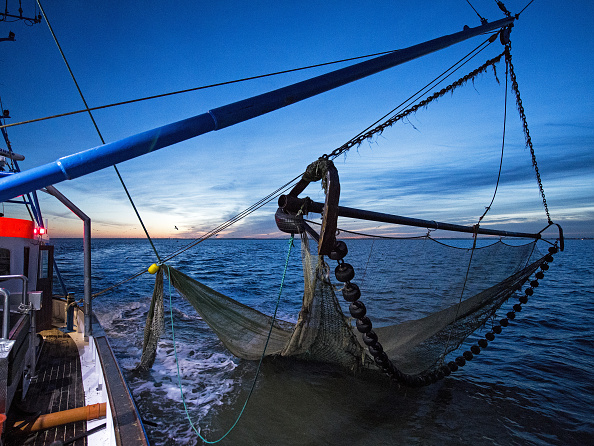Climate change and defense issues in the Western Indian Ocean
Following President Macron’s visit in May 2018, France and Australia have committed to mapping the environmental risks of the Indian Ocean in order to understand and anticipate the consequences of climate change, particularly in terms of security and defence.

This project took the form of two workshops on these risk mapping issues, held in Australia in 2018 and 2019 in Hobart (focusing on the Eastern Indian Ocean) and Perth (focusing on the southern part, i.e. below 60° South latitude), the results of which have been published. The report Environmental Security in Antarctica, the Southern Ocean and the Eastern Indian Ocean. A risk mapping approach, was published in May 2019, written by Anthony Bergin, David Brewster, François Gemenne and Paul Barnes, with the support of the Australian Department of Defence. France, which is responsible for the western part of the Indian Ocean , is planning to hold two meetings along the same lines. The first one (Implications of Climate Change on Defence and Security in the Indian Ocean) was held in Paris on 28 June 2019 at IRIS with the support of the Observatoire Défense et Climat. The second one should take place in Saint-Denis de La Réunion in the first quarter of 2020.
This report, while building on the work carried out within the framework of the AR9, takes up the lessons learned from the seminar held on 28 June 2018, which were produced from the presentations and debates. It proposes a focus on climate risks and their impacts in the Western Indian Ocean region, on the HADR issues that climate change will inevitably exacerbate, along with other factors, and on strategic rivalries and regional cooperation. Finally, it proposes a matrix of risks grouping those that climate change may directly or indirectly affect and whose management will require the more or less significant participation of the armed forces, particularly the French.





